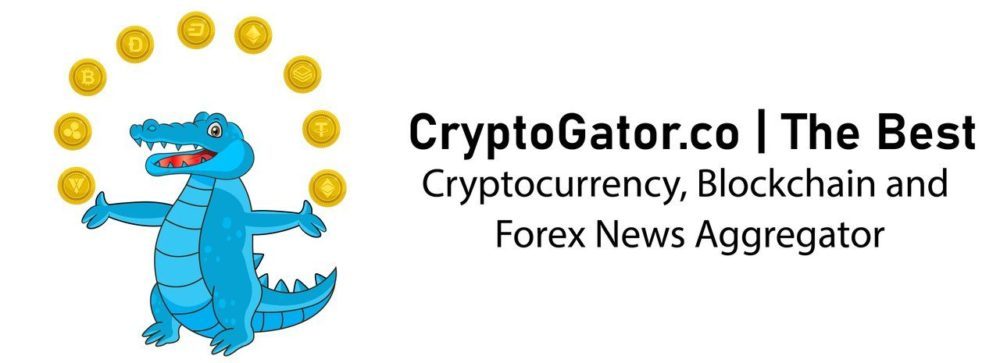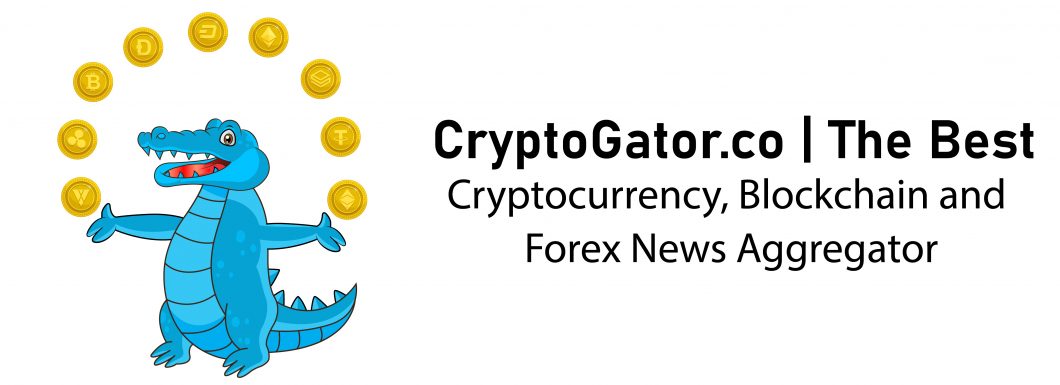<p>A well known investor and hedge fund manager, Ray Dalio caused a stir last week with his comments on cryptocurrencies. In an <a href=”https://www.cnbc.com/2023/02/02/cnbc-exclusive-cnbc-transcript-bridgewater-associates-founder-ray-dalio-speaks-with-cnbcs-squawk-box-today.html” target=”_blank” rel=”nofollow”>interview</a> with CNBC, he had some positive things to say, noting that crypto and Bitcoin’s accomplishments have been “quite amazing”, but ultimately struck a skeptical tone when he reasoned that Bitcoin “has no relation to anything… it moves and has no relation. It’s a tiny thing that gets a disproportionate attention.”</p><p> The billionaire Bridgewater Associates founder went on to say: “It’s not going to be an effective money. It’s not an effective store hold of wealth. It’s not an effective medium of exchange.”</p><p>It should be stressed that Dalio is not arguing in favor of the status quo. In fact, he has gained attention both in and outside the world of finance for his views on the <a href=”https://www.simonandschuster.co.uk/books/Principles-for-Dealing-with-the-Changing-World-Order/Ray-Dalio/Principles/9781471196690″ target=”_blank” rel=”nofollow”>cyclical nature</a> of history and empire, and his belief that the globe is currently going through the kind of radical power shifts that happen every couple of centuries or so.</p><p>
As such, he asks broad questions, and hints at possible outcomes: “We are in a world in which money as we know it is in jeopardy, right? We are printing too much and it’s not just the United States, all the reserve currencies… And so in that world, the question is, what is money and how’s that going to operate? So when we look at something like China’s renminbi, and then you take the digital renminbi, I think you’re going to see that become more and more a thing… I think the question over the next number of years is really what is money, not just as a medium of exchange, but a store hold of wealth.”</p><p>
Dalio also suggested that: “What would be best is an inflation linked coin. In other words, something where basically you would say okay, this is going to give me buying power because every individual wants, what do they want? They want to secure their buying power, if you want to save.”</p><p>
Not surprisingly, these comments prompted significant pushback from <a href=”https://www.financemagnates.com/tag/bitcoin/” target=”_blank” rel=”follow”>Bitcoin’s</a> proponents, since the leading cryptocurrency is heralded by its advocates as addressing precisely the issues that Dalio points to. That is, in a shifting, unstable world, where people are questioning the reliability of money itself, where preserving wealth and buying power are genuine problems, and in which digital transactions are rapidly becoming the norm, Bitcoin is presented as an all-purpose solution.</p><p>
What’s more, Bitcoin has a first-mover advantage, operates internationally and outside of institutional influence, and introduces a radical new framework for money and transactional capability: that of decentralization and separation from the state.</p><p>The possibility of transitioning into new kinds of money and value storage has become a reality, as evidenced by governments around the world assessing the viability of CBDCs. However, it shouldn’t be overlooked that in democratic nations, there are voters opposed to such schemes, and there are coherent arguments stating that if we are to explore new ways of transacting, then we should take the generational decision to steer away from <a href=”https://www.financemagnates.com/tag/cbdc/” target=”_blank” rel=”follow”>CBDCs</a> and instead make use of digital currencies that operate independently from central banks.</p><p>
Debate and development are likely to intensify around these issues in the coming years, but the reality is that while bureaucrats maneuver slowly, <a href=”https://www.financemagnates.com/tag/crypto/” target=”_blank” rel=”follow”>cryptocurrency</a> is a dynamic area not waiting for anyone’s rubber stamp.</p><p>Watch the recent FMLS22 session on Forex and crypto trends for 2023.</p><p>Digital Markets</p><p>A striking part of Dalio’s comments was his opinion that Bitcoin has ‘no relation to anything’. It’s an understandable point of view at first glance, but it seems to overlook the new varieties of trade and activity that cryptocurrencies are enabling and the thinking around their nature.</p><p>
If we look broadly at Bitcoin and the many other blockchains that have followed in its wake, then it’s true that they often appear separated from the physical world, but this aspect of crypto development-its detachment-can have beneficial effects.</p><p>
Taking in DeFi, NFTs, and the token-fuelled, ever-expanding ecosystems that are emerging around <a href=”https://www.financemagnates.com/tag/blockchain/” target=”_blank” rel=”follow”>blockchains</a> such as Ethereum, Cardano and Cosmos, we find fully functioning alternative markets and financial mechanisms, operating smoothly without having sought anyone’s permission first, but doing so entirely in the digital realm.</p><p>
What’s more, they are highly accessible to both users and developers, in the sense that while they require some technical proficiency, they are not gated or (for now, at least) restrictively regulated. This means mistakes will be made and will be allowed to occur, but it also means there is a tremendous opportunity for experimentation.</p><p>
Being disconnected from physical markets isn’t a disadvantage here, rather, it allows for rapid development, and there is a sense that what’s being built is in position and ready to connect, as the wider world’s ongoing digital transition continues.</p><p>
Furthermore, we should remember that while these networks are digital, their blockchain-based tokens are traded in exchange for plain old fiat currency, and any profits or losses taken are as real as the paper in a wallet.</p><p>Trading Culture</p><p>Another point sometimes overlooked when assessing crypto is that it allows for a new kind of trade, not in physical goods or commodities, but rather, in cultural assets, or even in culture itself.</p><p>
This kind of observation can start to sound a little abstract, but it simply requires a recognition that much of what is being created and exchanged on social media and in other ways over the web, and which drives web traffic globally, is culture. That means billions of people are networked together to exchange and amplify ways of thinking, trends and social swings.</p><p>
Through certain aspects of crypto, whether that’s meme coins, NFTs related to art and design, or tokens tying together all kinds of communities, these parts of the web, and of our cultural life, become tradable, and new online markets emerge.</p><p>Bitcoin Lays a Foundation</p><p>Dalio believes that Bitcoin receives “disproportionate attention”, so it’s worth asking why that might be, and what proportion of attention would be appropriate. For young retail traders entering markets for the first time, owning Bitcoin is no longer an exotic proposition, and crypto does not come across as an asset class that might simply cease to exist.</p><p>
In fact, through being decentralized and digital-only, crypto is open for business 24 hours a day, every day of the year, to anyone, anywhere, and it’s in a state of constant flux, all of which can make it a uniquely attractive proposition, particularly to those who are not invested in the conventions of traditional finance. And, within this nascent realm, it’s Bitcoin that is the foundational currency, and which acts as a grounding layer from which everything else has developed.</p><p>
If we accept that crypto, its culture and its products are now here to stay and that they are likely to attract more developers, traders and users with every generation that comes of age, then it’s plausible that Bitcoin will come to be seen as having received disproportionately less attention than it actually should have.</p>
This article was written by Sam White at www.financemagnates.com.



